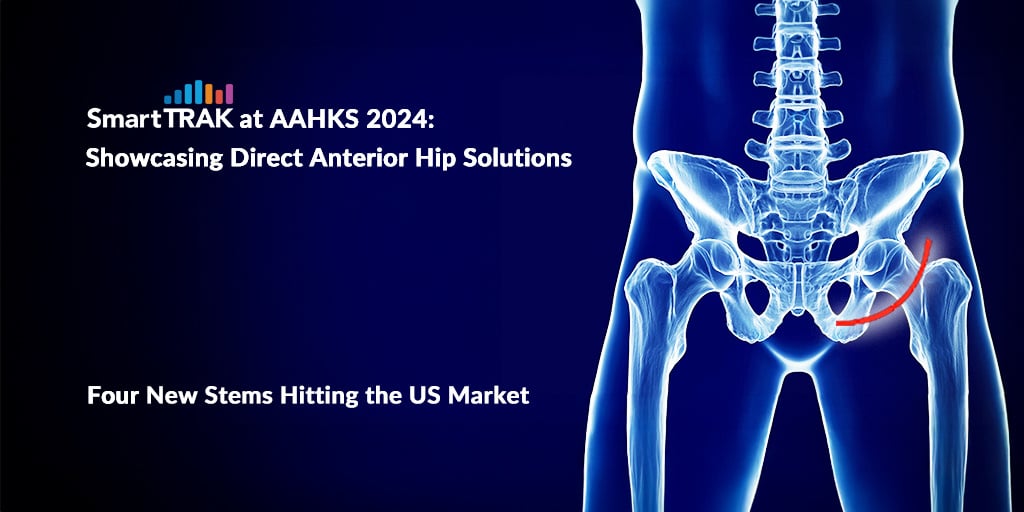 In an interview with SmartTRAK, Gennaro Broya de Lucia, president of the National Board of Directors at PMI Sanità, offers a comprehensive summary of the challenges for the medical device market in Italy, which places hundreds of companies at risk in the country.
In an interview with SmartTRAK, Gennaro Broya de Lucia, president of the National Board of Directors at PMI Sanità, offers a comprehensive summary of the challenges for the medical device market in Italy, which places hundreds of companies at risk in the country.
Gennaro Broya de Lucia, president of the National Board of Directors at PMI Sanità, explores the different perspectives surrounding the payback system, its economic implications and the urgent need for reform to prevent potentially irreversible damage to Italy's medical device sector and public health infrastructure in an interview with SmartTRAK. Payback is a regulation imposing a large tax on supplying companies intended to restructure public health expenditure by shifting a share of debt from public budgets to private companies. PMI Sanità is an association of small and medium enterprises (SMEs) that supply medical devices to the public and private healthcare sector in Italy.
SmartTRAK: What are the top challenges in Italy for the medical device sector?
Gennaro Broya de Lucia: In Italy, not only is the MDR creating issues with products’ availability but also new laws and regulations are impacting the segment, thus adding a huge weight in a country where the overall fiscal pressure is already over 42.5% in 2024. The Italian market is tender-based, so this means market access is also very hard as it requires companies to beat the global competition on technical and pricing performance. If a company is not classified in a regional or national tender, no sales are possible for multiple years (usually three or four) until a new tender is published. In addition, in such a market environment, companies have to face the impending threat arising from the payback taxation.
What are the different perspectives on the payback system for medical devices and why is it considered a complex issue in the context of the National Health Service (SSN)?
GB: There is a lot of talk surrounding the payback for medical devices. Some describe it as an unfair tool, others as the salvation for the budgets of certain regions that would otherwise be put under special administration, and others still see it as a necessary solidarity contribution to save the National Health Service (NHS). Different perspectives and different definitions are all theoretically understandable within the micro-systems that generate them. Despite the many words spoken so far, nothing has been done to solve the problem; so how can we frame a complex phenomenon, crowned with a term, “payback,” that is foreign to our language and, consequently, to our culture?
How can the payback system for medical devices be analyzed from an economic perspective and what is its impact on public and private budgets?
GB: To objectify something, one of the methods I was taught while I was a cadet at the Military School of Nunziatella is to start by describing the desired effects and comparing them with the actual ones. From this perspective, the payback can be seen as ...
Click the button below to download and read the complete "Facing the Payback Crisis: Challenges Threatening Italy’s Medical Device Sector" market perspective article by Anikó Szeker, SmartTRAK Senior Analyst, Wound.
SmartTRAK is the Medtech industry’s only global Insights-as-a-Service solution for the Orthopedics, Wound Care, Regenerative Medicine and Neuro Therapy markets. SmartTRAK’s propriety methodology turns disparate data from hundreds of sources into powerful insights customers can rely on as the trusted source for strategic decision-making. The SmartTRAK enterprise platform includes rich daily updates, comprehensive market coverage and simple-to-use tools and dashboards for market, product and financial analysis. Customers leveraging the SmartTRAK platform also have direct access to market experts for inquiries and advisory services. If you would like a demo of what SmartTRAK has to offer and see how we can help increase proficiency, improve productivity and reduce costs for your company, just click here.






